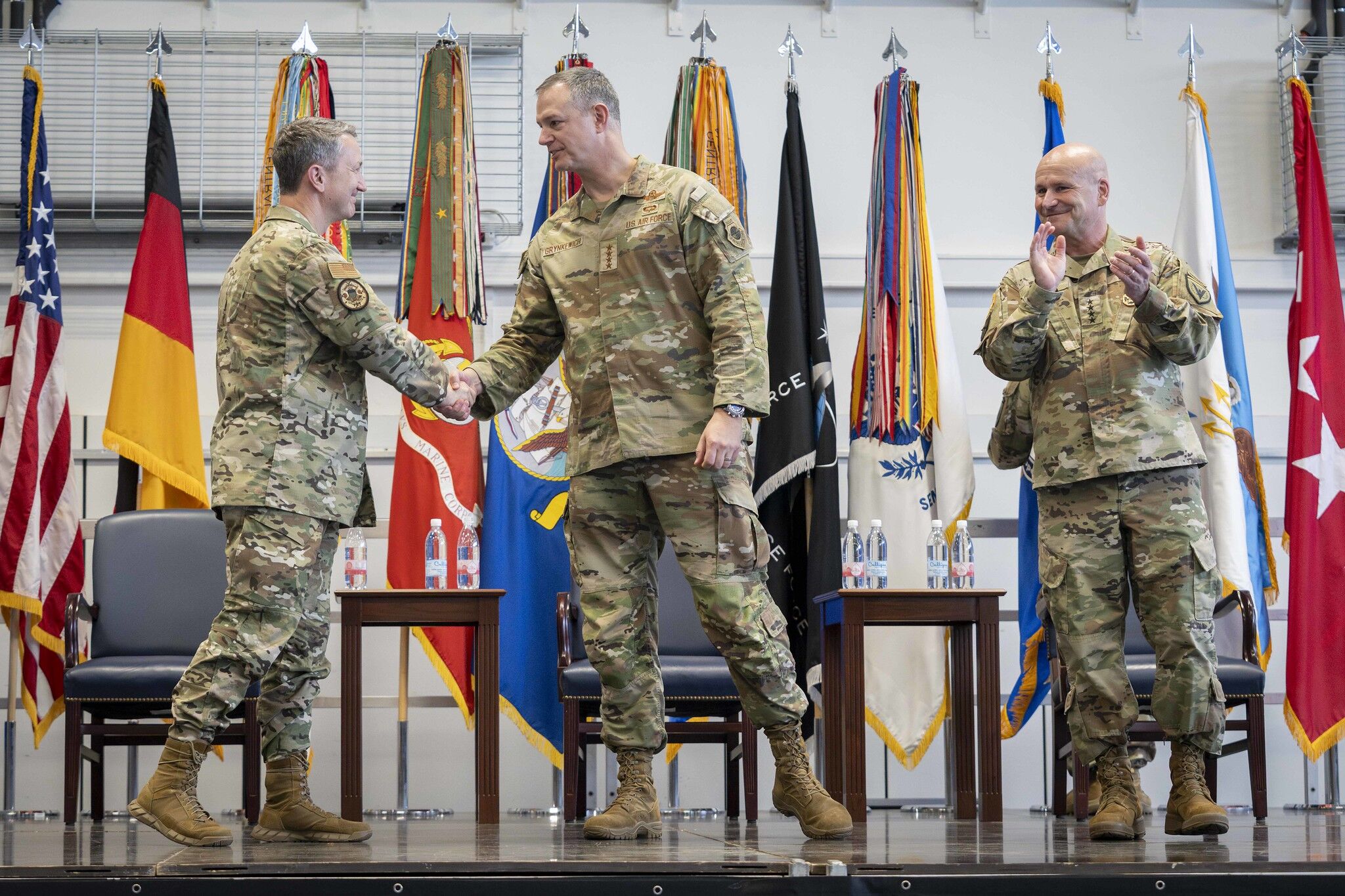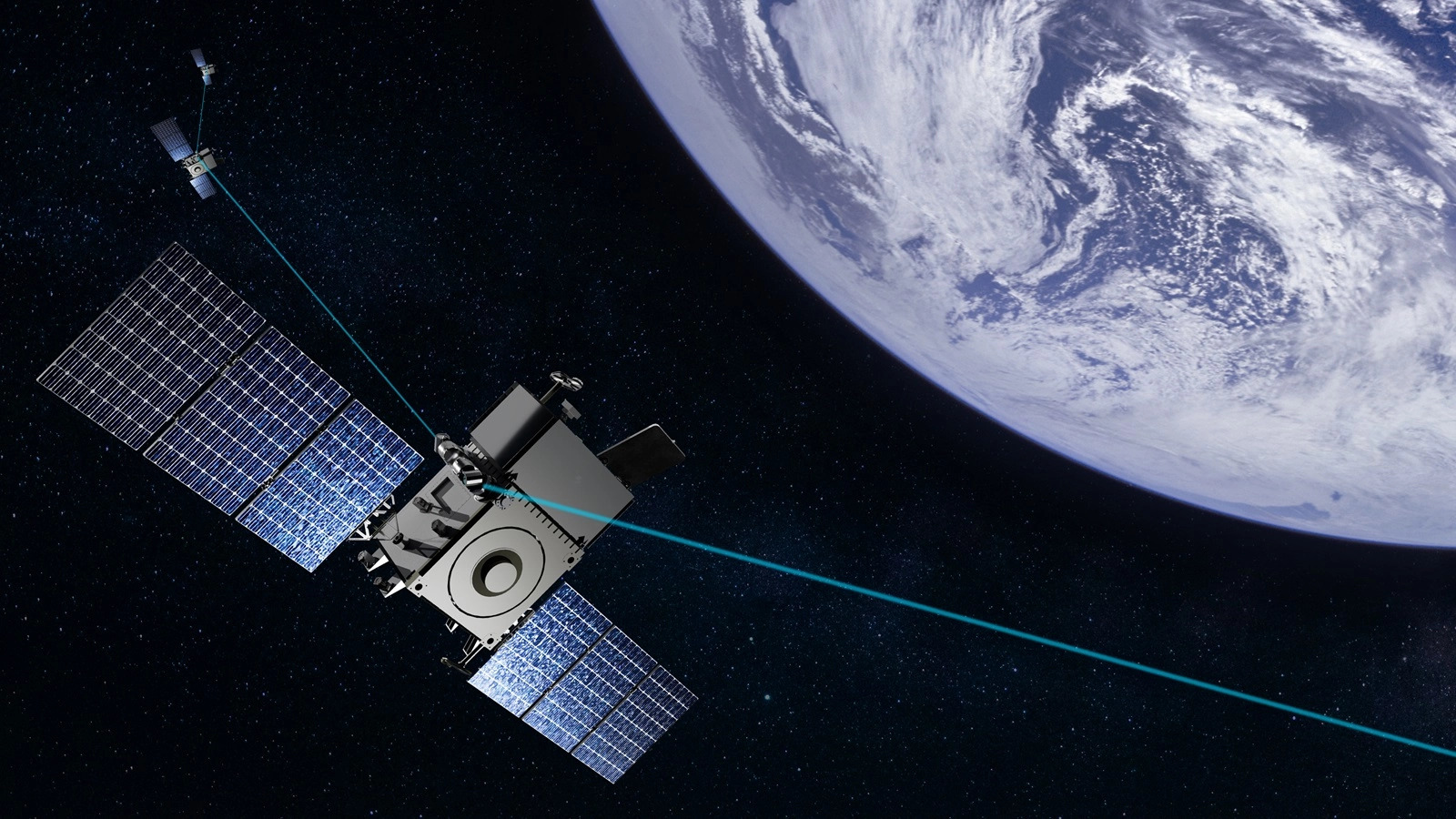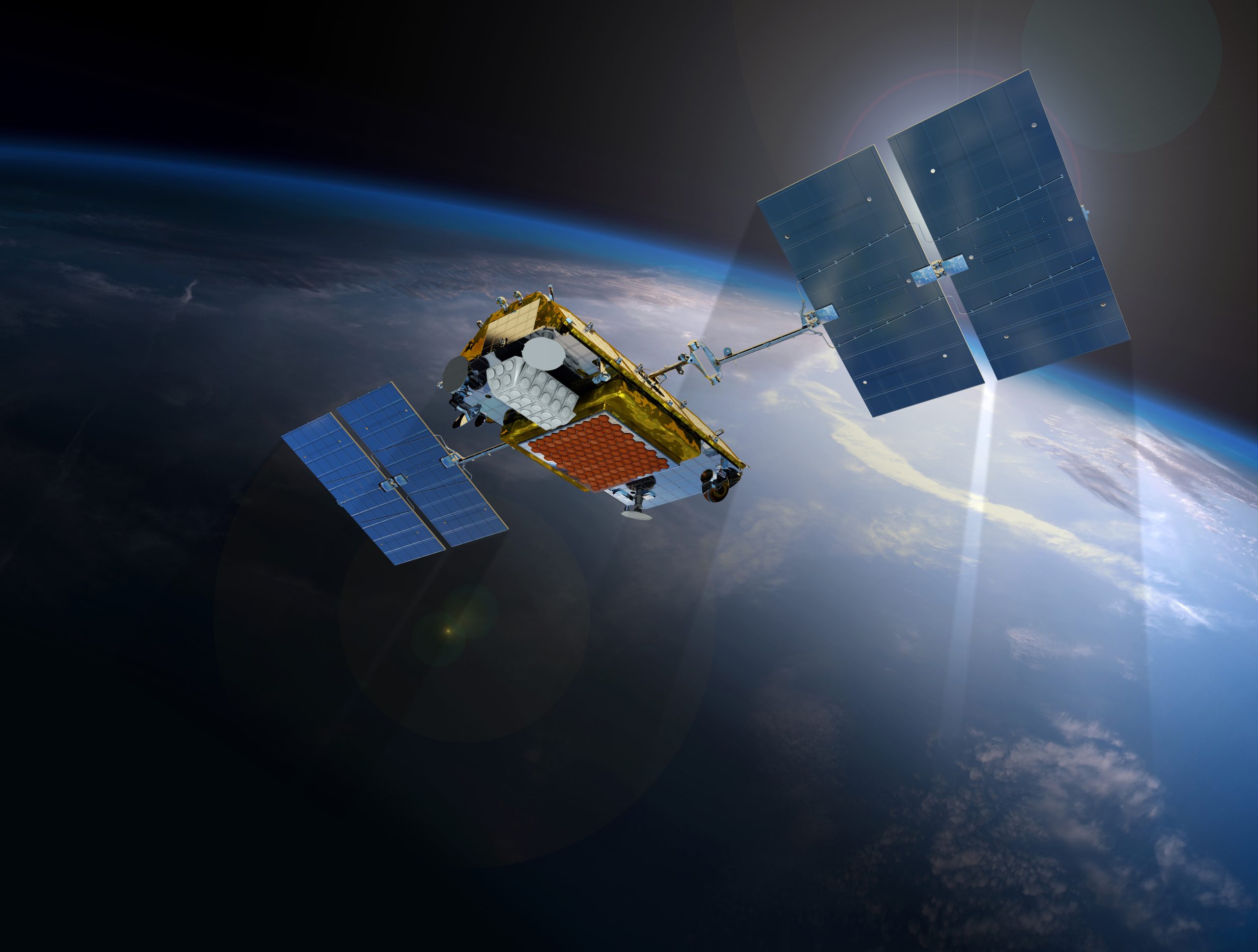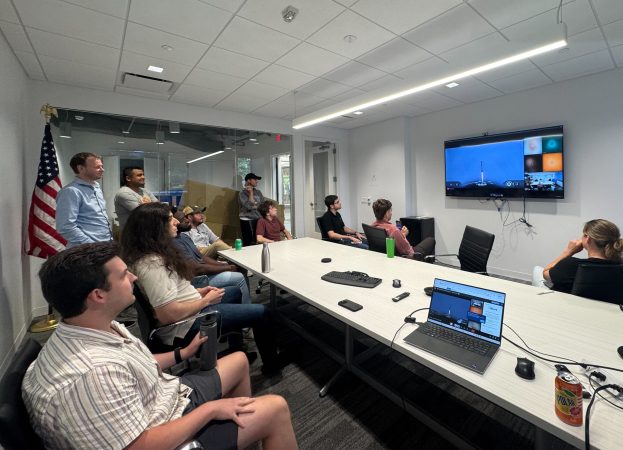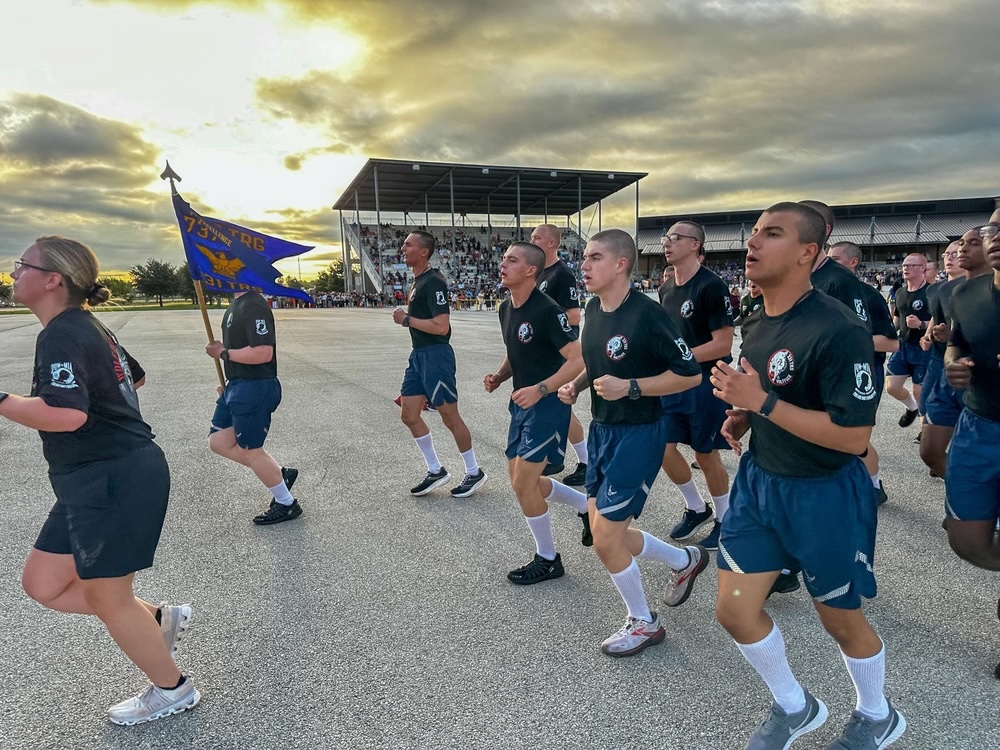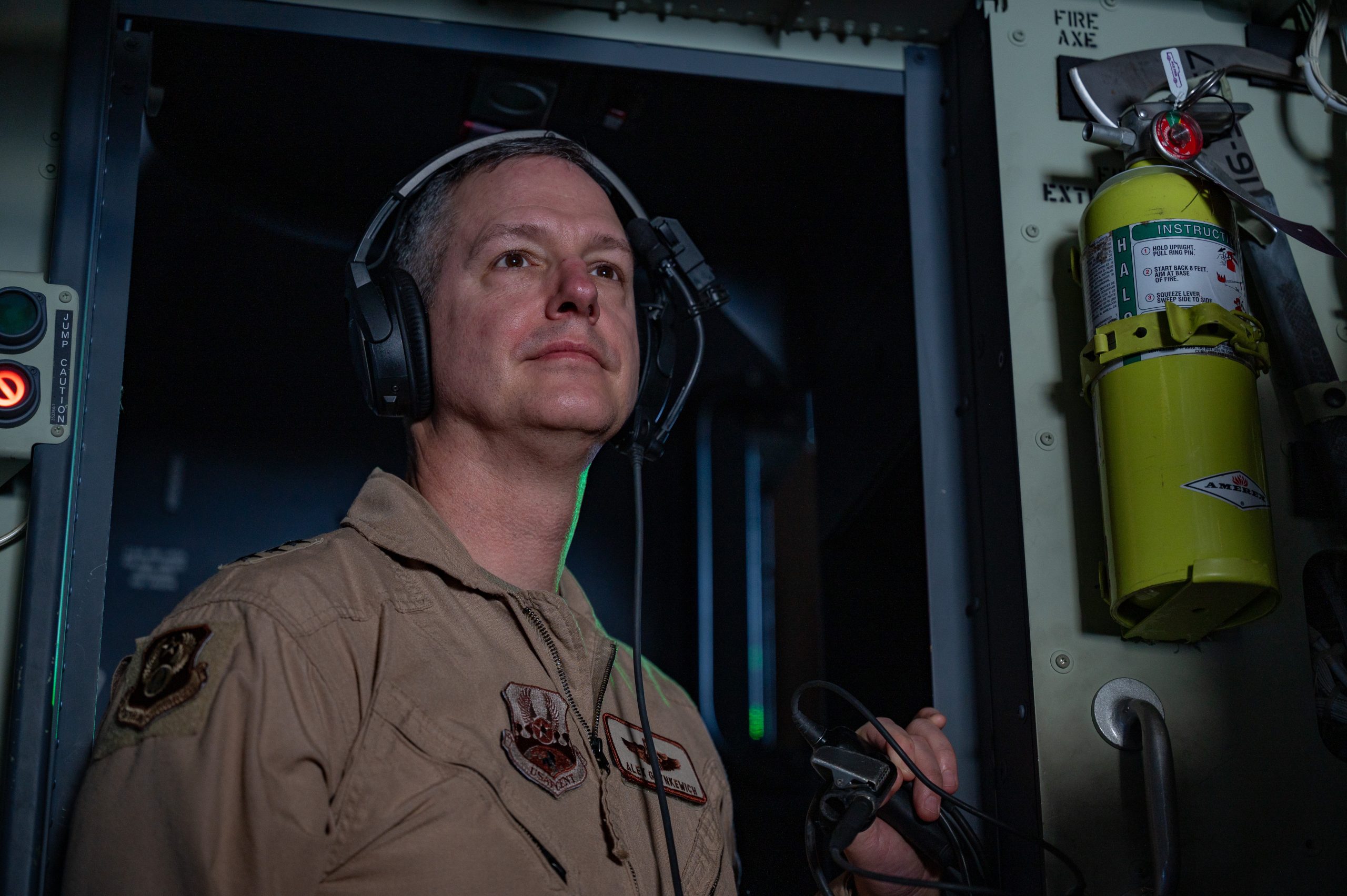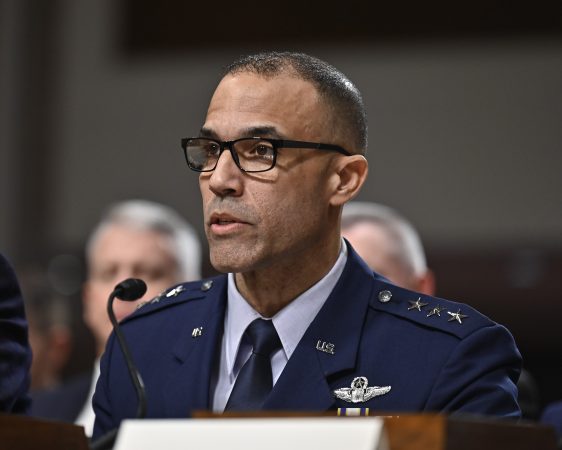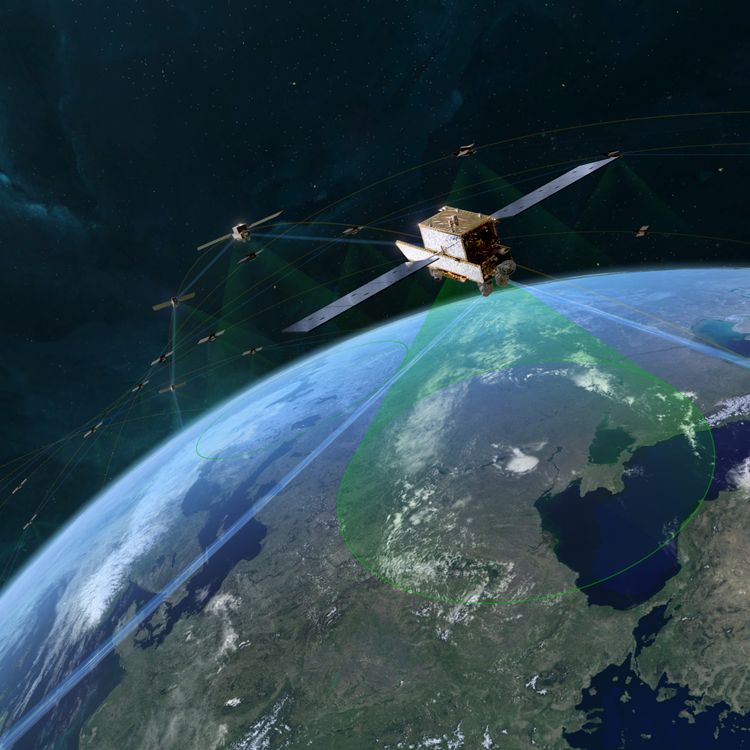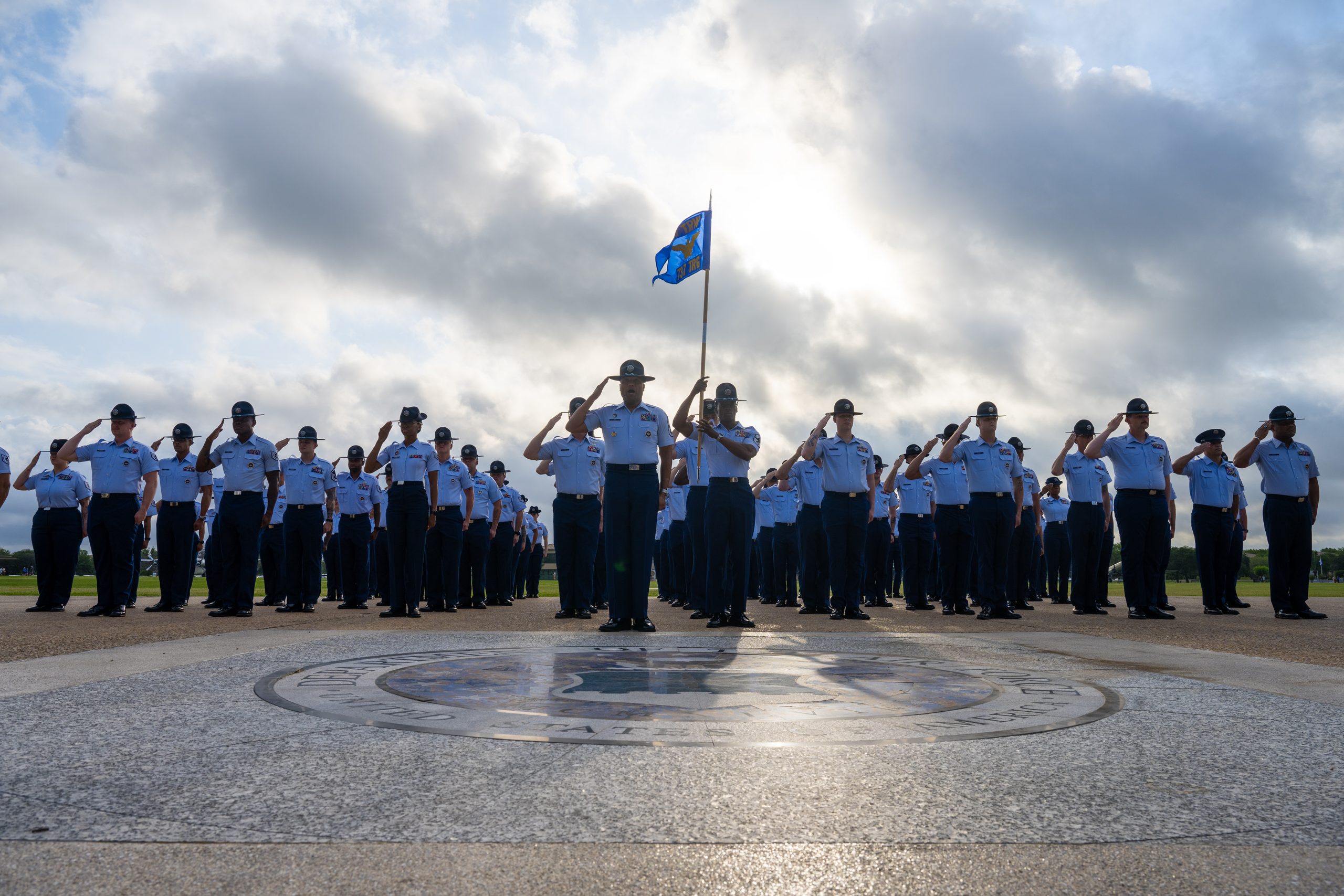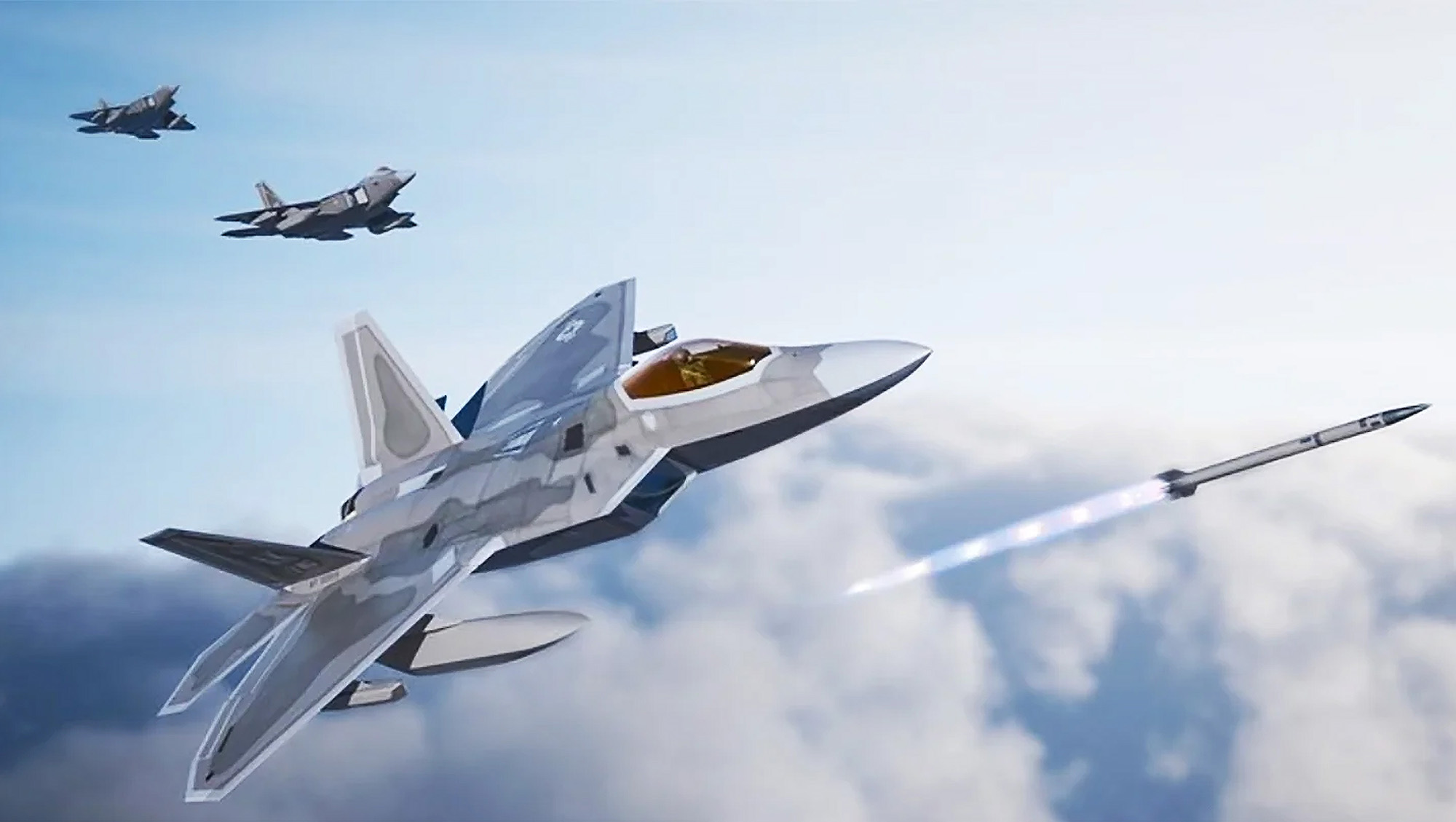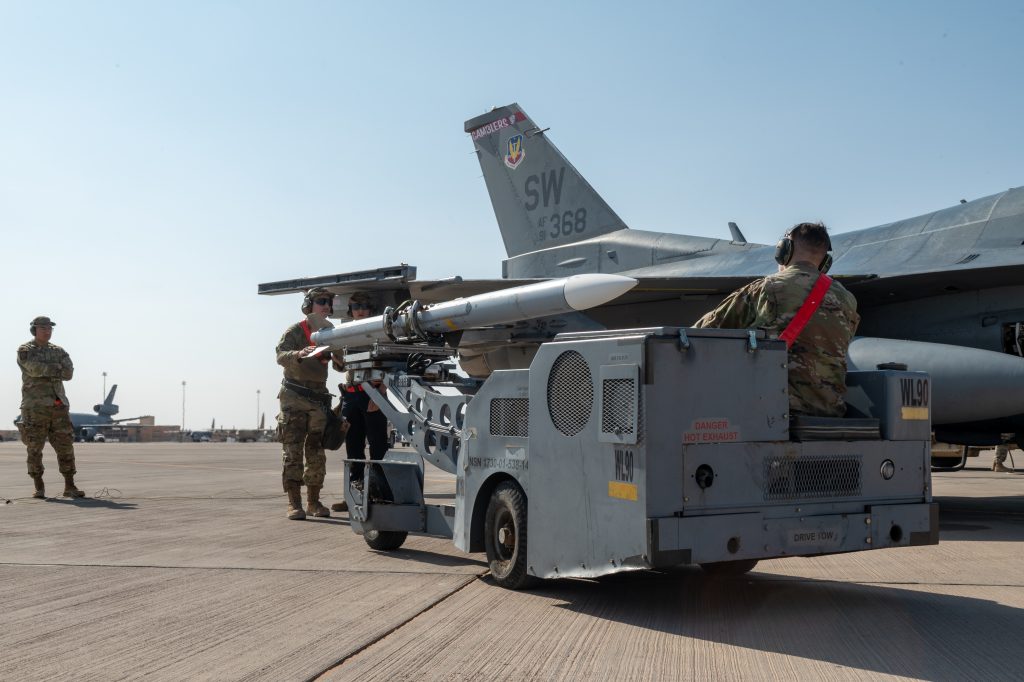Air Force Gen. Alexus G. Grynkewich assumed command of U.S. European Command on July 1, taking over the key assignment as the U.S. and its allies contend with a resurgent Russia and a grinding war in Ukraine.
Grynkewich, who was confirmed by the Senate just a few days prior, succeeded Army Gen. Christopher G. Cavoli and will lead more than 80,000 U.S. troops in Europe.
He will also become Supreme Allied Commander Europe for NATO in a ceremony in the coming days, a role in which he will help oversee the armed forces of the alliance’s 32 countries on the continent.
“A protracted war rages in Europe for the first time in decades, and our operations in the Mediterranean are helping to contain conflict in the Middle East,” Grynkewich said in his remarks at the command’s headquarters in Stuttgart, Germany. “More broadly, our adversaries are aligning, working together more than ever before as they seek to dominate their regions and even the globe. Thus, the good work done here at this headquarters and across the command is more important than ever.”
Grynkewich is taking on his new responsibilities as NATO nations have vowed to boost defense spending to 5 percent of their gross domestic product in a summit meeting last week.
The alliance also faces challenges. Russia is slowing graining ground in Ukraine and is moving to expand its military. The U.S. and European industrial bases have been under pressure to keep pace with weapons orders. And while President Donald Trump and the Pentagon have announced no major U.S. force posture changes, European nations have worried about the durability of the U.S. commitment.
Chairman of the Joint Chiefs of Staff Gen. Dan Caine, who attended the change of command, knows Grynkewich well, since he served under the chairman on the Joint Staff as the Director for Operations (J-3)
“He is frosty under pressure. He is prepared for this job,” Caine said of Grynkewich.
Caine compared the challenges faced by Grynkewich to those confronting the first Supreme Allied Commander Europe (SACEUR), Gen. Dwight D. Eisenhower, who held the position in the 1950s in the aftermath of World War II.
“Eisenhower’s expectations in 1950 were clear: Europe’s got to take ownership of its own defense, and they do that today as we’re called to a similar moment,” Caine said. “Global risk is on the rise. The world can shift in a matter of hours, and that’s why we prepare.”
“The last two weeks have shown the world that we’re the most capable, most integrated fighting force, and we’ve got more global reach than and unmatched capabilities than any other military on the planet,” Caine continued, a reference to the B-2 operation to bomb Iranian nuclear sites which was supported by tankers and fighters assigned to Europe, as well as additional forces. “Our strength is also in our alliances.”
Cavoli played a key role in U.S. support for Ukraine, often conferring with his counterparts in Kyiv. He also led the NATO alliance as it developed new regional military plans in response to Russia’s aggression.
Grynkewich last served in Europe from 2010 to 2012, when he held a staff job at EUCOM as Chief of the Plans Division (J-35), rising to the rank of colonel.
A career F-16 and F-22 pilot, Grynkewich has spent the last year as J-3, considered a pivotal three-star position and a potential launching pad for high-level command. Before his latest stint at the Pentagon, he served as the head of Air Forces Central and the Combined Forces Air Component Commander (CFACC), the commander of allied air efforts in the Middle East, from 2022-2024.
“Ever since we left in 2012, we’ve been fighting with the Air Force Personnel System to get back to Europe,” Grynkewich quipped in his speech. He noted that his previous tour in Europe came prior to Russia’s 2014 invasion of Ukraine, and then Moscow’s full-scale war on Kyiv launched in February 2022, which has led to a far different security landscape.
“In those days, we were mostly worried about Israel [which was in EUCOM at the time] at this headquarters,” Grynkewich said. “We were in the midst of another attempt at a resetting of relations with Russia. China never crossed our minds. And we would never have contemplated the role for Iranian weapons or North Korean soldiers on the European continent. Today, we have to think about all of these challenges and more.”
